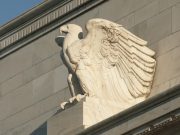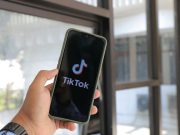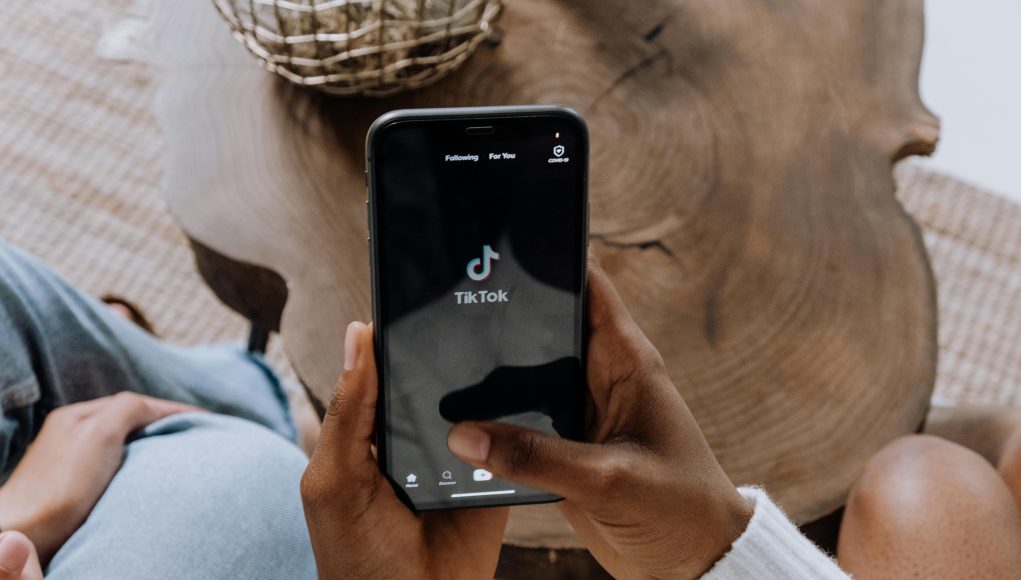
(Singapore, 26.09.2025) — President Donald Trump has officially signed an executive order paving the way for the sale of the U.S. operations of the social media giant TikTok, a move aimed at addressing long-standing national security concerns. The order, signed on Thursday, declared that the proposed sale of the popular short-video app to a consortium of U.S. and global investors would satisfy the requirements of a 2024 law that mandated the app’s Chinese owners, ByteDance, sell its U.S. assets or face a ban.
The new U.S. company, which will be spun out from its Chinese parent, is being valued at approximately $14 billion, according to Vice President JD Vance. This valuation, while substantial, falls significantly short of some analyst estimates, with some projecting the company’s value at over $30 billion. The reason for the discrepancy appears to be the most critical component of the deal: the app’s powerful recommendation algorithm. The executive order states that the algorithm will be “retrained and monitored” by the new company’s security partners, and its operation will be under the control of the new joint venture. This move is intended to ensure the algorithm cannot be manipulated by foreign interests, specifically the Chinese government.
President Trump, in a briefing at the Oval Office, expressed confidence in the deal and even went so far as to say he had secured the approval of Chinese President Xi Jinping. “I spoke with President Xi,” Trump told reporters. “We had a good talk, I told him what we were doing, and he said go ahead with it.” The Chinese embassy in Washington has yet to publicly comment on this statement, and the lack of an immediate response from TikTok itself adds to the uncertainty.
Despite the apparent progress, the deal is far from finalized. While the executive order shows that the administration is moving forward, numerous details still need to be worked out, including the precise structure of the new company and how the algorithm will be handled. The most crucial part of the deal is to ensure that the U.S. entity has a clean break from ByteDance and that American user data is fully protected.
Who Are the Players in the TikTok Deal?
The new U.S. entity is expected to be a joint venture, with ownership split between a number of high-profile investors. According to sources familiar with the negotiations, a group including Oracle and private-equity firm Silver Lake will take a roughly 50% stake in TikTok U.S. Additionally, existing shareholders of ByteDance, such as Susquehanna International Group, General Atlantic, and KKR, will retain a smaller stake of around 30%. The new entity’s board will be predominantly American, with Americans holding six of the seven seats. The remaining seat will be appointed by ByteDance, which will hold less than 20% ownership to comply with the 2024 law.
President Trump also mentioned several other prominent investors who would be part of the deal, including Michael Dell, the founder of Dell Technologies, and media mogul Rupert Murdoch. “This is going to be American-operated all the way,” Trump emphasized, highlighting the administration’s focus on ensuring U.S. control over the platform. The White House, however, did not provide a detailed breakdown of how it arrived at the $14 billion valuation, a figure that analysts like Dan Ives of Wedbush Securities note is significantly lower than their prior estimates.
Unanswered Questions and Congressional Scrutiny
The executive order, while a major step, has not silenced the critics. Alan Rozenshtein, a law professor at the University of Minnesota, pointed out that the order leaves critical questions unanswered, particularly regarding the control of the algorithm. “The problem is that the president has certified the deal, but he has not provided a lot of information on the algorithm,” Rozenshtein said. This lack of detail has raised concerns among lawmakers, especially on Capitol Hill, who are vowing to scrutinize the agreement to ensure it meets the legal requirements for a clean break from China.
Republican representatives like Brett Guthrie, Gus Bilirakis, and Richard Hudson have stressed the need for transparency. “As the details are finalized, we must ensure this deal protects American users from the influence and surveillance of CCP-aligned groups,” they said in a joint statement. The deal’s reliance on Oracle to secure U.S. user data and oversee the retraining of the algorithm is central to the plan. This arrangement mirrors a previous proposal known as “Project Texas,” which the Biden administration rejected, raising further questions about whether this new iteration will satisfy all parties.
The deal’s fate now hangs on the finer details and the reaction of the lawmakers who must be convinced that the new structure provides a true and complete solution to the national security concerns. With a new deadline of January 20, the coming months will be critical in determining the future of one of the world’s most influential social media platforms in the United States.





































